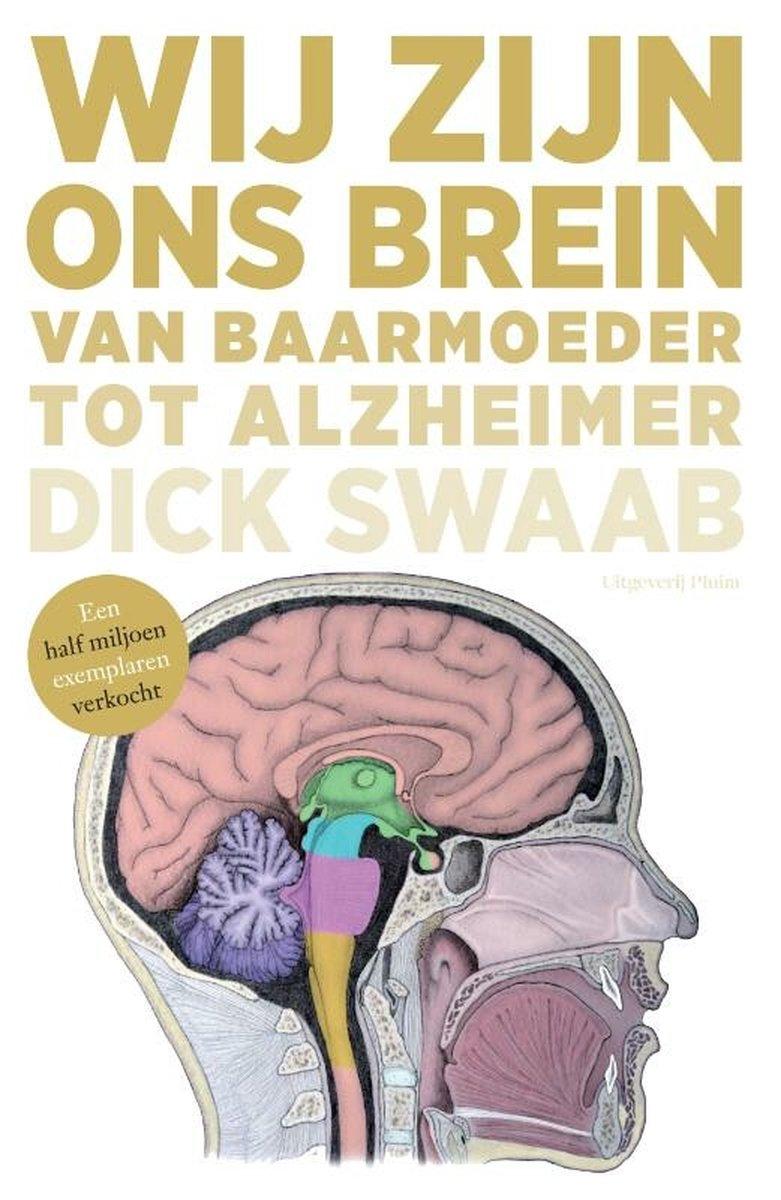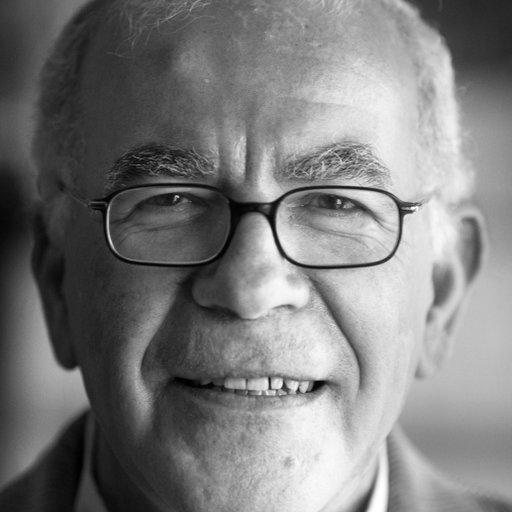We Are Our Brains
For many years the prevailing belief in the developed world has been that upbringing determines what a child will become. Everything that can go wrong in later life is therefore the fault of the parents and, more broadly, society. The same train of thought suggests that many illnesses can be blamed on unhealthy lifestyles and therefore on the patient. In 'We Are Our Brains' Dick Swaab presents evidence that contradicts this belief, claiming that everything about us – including the diseases that will affect our minds – is present in our neuronal circuits long before we are born. Upbringing and therapy have little influence.

Swaab, who has researched the brain since 1966, has a rare ability to write clearly and accessibly about complex questions. We Are Our Brains is also a timely book: the ageing of populations worldwide and the diseases that go along with it, such as Alzheimer’s and Parkinson’s, are prompting more questions than ever about the brain.
Swaab describes how our brains work from their very beginnings in the womb and on through old age and dementia to death and even beyond. He explains how gender differences develop in the embryonic brain, what goes on in the heads of adolescents, and criminals, how moral behaviour develops, how our memories work and how our brains influence our choice of partner.
Swaab is not writing to reassure us. In every phase of life much can go wrong. Brain diseases and neurological disorders cannot always be prevented or cured, and although Swaab believes considerable scientific progress has been made in the field, far more work is needed if we are to produce effective medicines and therapies.
In the 1990s Swaab unleashed a storm of protest when he published findings showing that the brains of homosexuals and heterosexuals differ, a conclusion that is now generally accepted as well founded. He has not grown averse to controversy in the years since then. He claims, for example, that clever people are more likely to be atheists and that religious faith arises from the indoctrination of young children’s brains. These are by no means the only thoughtprovoking claims in his thoroughly absorbing book.
Swaab is not afraid to make the link between his insights and social problems, in fact he deliberately provokes the reader.
A convincing argument for the importance of good sense and sound knowledge in preventing minds from being dulled by hocus-pocus.
Researcher Dick Swaab has written a book for the general reader that is almost impossible to put down. The combination of personal observations and experiences, scientific information and brief case histories, each chapter enlivened by humour, ensures that the reader’s attention will not lapse for a moment.
De Volkskrant
This is an exceptionally rich and skilfully written book that will soften the reader’s heart in the face of countless strange behaviours and emotions he will no doubt recognize in others – and in himself.
Trouw
